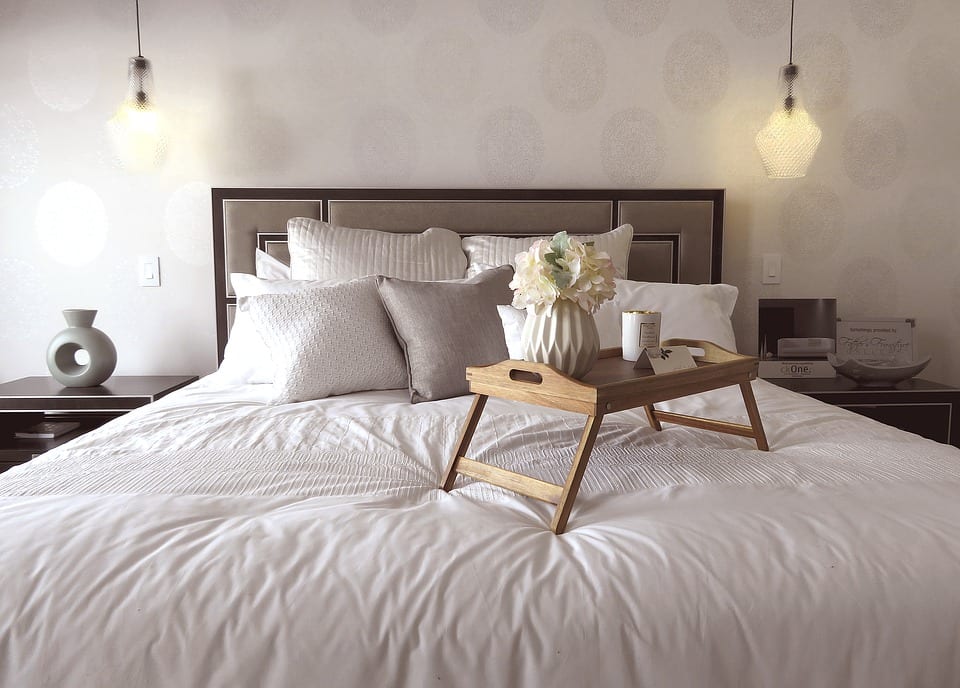

Buying a pub is a daunting task but, if you’ve always dreamed of doing it, there’s things you can keep in mind that will make the process a lot easier.
Here are 10 tips for buying a pub!
Make sure it’s the right time.
Running a pub is a very demanding role and buying one will take even more effort in order to make it is successful. You need to make sure that you are buying when you are able to put the time in.
You should have experience in the industry.
There is far more to a pub than pulling pints and working in one is the best way to find out what that is. Working in a pub will also give you an idea of whether this is the life you want and a job that you will love doing once you have bought it.
Think carefully about whether you will buy freehold, leasehold or a tenancy.
Depending on what you go with will play a huge role in how much financing you’re able to get. There will also be differing amounts of responsibility and financial risks.
Ultimately, what you choose will depend on your experience and access to funds.
Your pub needs to stand out.
The pub industry is very competitive, and it is difficult for independent businesses to stay afloat. You will have to have a clear idea of what will get your pub to stand out and draw customers so that you can make it a success.
Pick the right location.
As with many businesses, the location of your pub will make a huge difference when your doors are open, and you need customers.
The type of pub that you run will also be dependent on where you are. Is it in the middle of a busy city and reliant on changing trends or is it a rural pub with a quieter and slower feel?
Your target market needs to be well defined.
This relates to the previous two tips. Depending on your location, your target audience will be different and depending on your target audience, the way you make it stand out will change.
To make your business stand out, though, you will need to know who you want visiting your establishment. Trying to appeal to too large of an audience is a sure way to end up appealing to no one.
It should not be an emotional purchase.
A pub gives a lot of us a good dose of nostalgia and there are very few people who have never thought of buying a pub after a few drinks at their local, but this kind of purchase needs to be completely void of emotions.
If you are going to make a profit and run a successful pub, you will need to make the purchase from an objective place. Do your research, write a business plan and talk to other people before you make the leap.
Do thorough due diligence.
Know what business it is that you’re buying and what it is that you’re getting into. Make sure you’re aware of pre-existing contracts and legal troubles as well as what kind of agreements there are with the current employees.
This is also the time where you will be able to determine what the business is worth so that you don’t end up paying too much.
Get advice from the professionals.
This process is a complicated one, especially if you haven’t bought a business before. Finding the right professionals to help you through can save you a lot of time and hassle.
Whoever you choose, though, should have specific experience in the sale and purchasing of pubs and make sure that they have good references.
Make sure it lines up with your long-term goals.
This is the most important point. Buying a pub is a big commitment and it shouldn’t be done without a lot of thought as to how it will fit into your long-term goals.
The right planning and vision will be a large part of your business venture becoming successful.
It is a mammoth task to buy a pub and get it running successfully but, if you plan carefully, remain focused, and do as much research as possible, there is every chance that your new business can become everyone’s favourite local.
By Anthea Taylor, Assistant Editor at Dynamis and writes for all titles in the Dynamis stable including BusinessesForSale.com, FranchiseSales.com and PropertySales.com as well as other industry publications.



